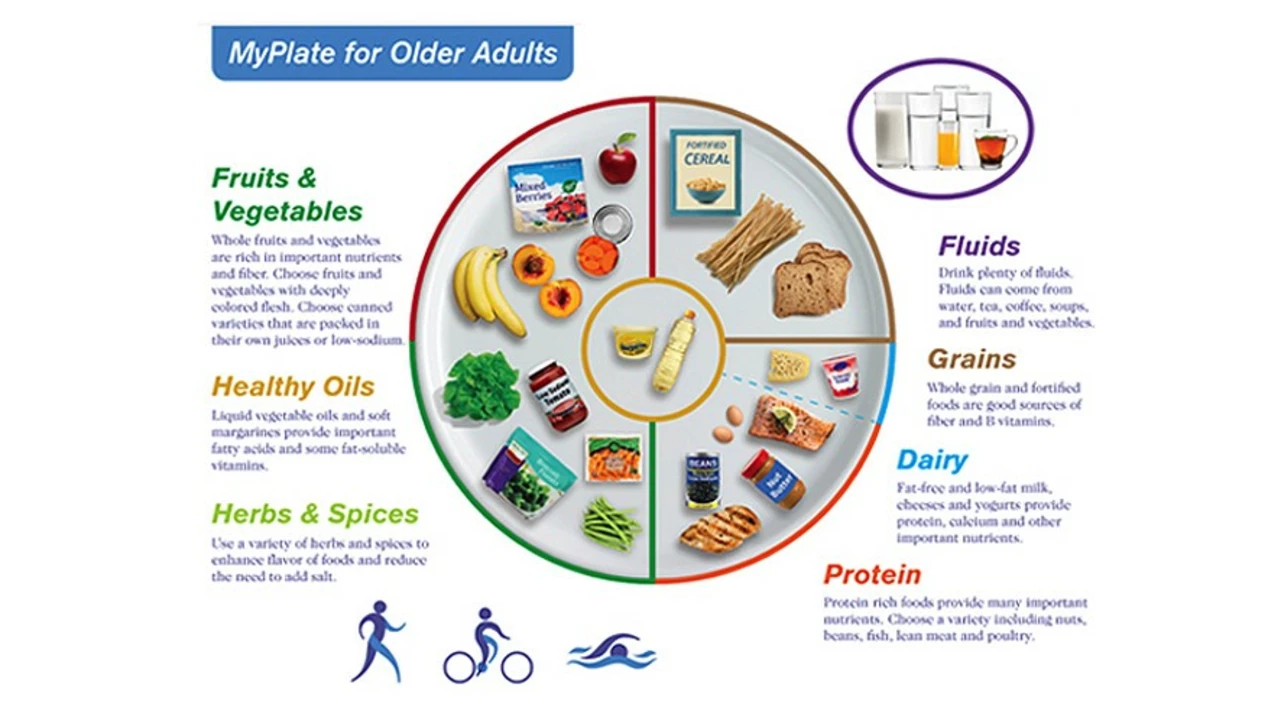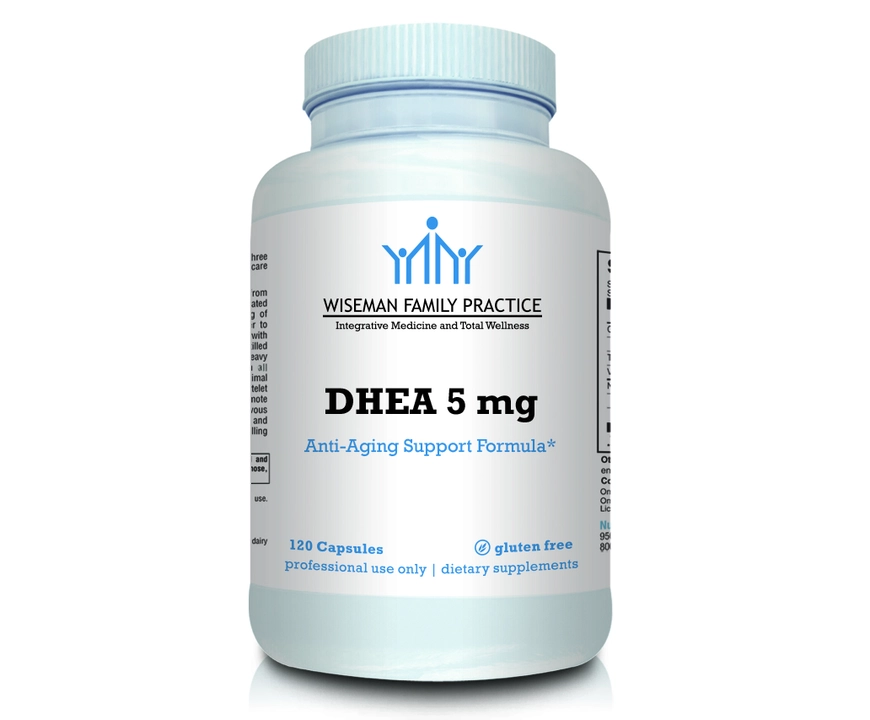Dietary supplements: what works, what to avoid, and how to buy
Not all supplements help your health. Some can make a real difference, others waste money, and a few can cause harm. If you want results without the guesswork, focus on evidence, quality, and how a supplement fits your needs.
First, ask one simple question: why do you want the supplement? Want stronger bones, better energy, or help with joint pain? Your reason changes what’s worth buying. For example, vitamin D helps bone health and many adults are low on it. B12 matters if you’re vegan or have absorption issues. Omega-3 fish oil can help heart health and inflammation. Those are useful, evidence-backed choices for specific needs.
How to pick a good supplement
Look for third-party testing labels like USP, NSF, or ConsumerLab. These show the product was tested for purity and correct dosing. Read the ingredients list: avoid vague “proprietary blends” that hide amounts. Check the dose — the label should list how much active ingredient you get per serving. If it’s not there, skip it.
Form matters. For certain nutrients, one form absorbs better than another. For example, methylcobalamin is a B12 form many people tolerate well. Vitamin D3 is better than D2 for raising blood levels. For joint support, chondroitin often pairs with glucosamine and is backed by some clinical studies—look for specified milligrams, not just a brand claim.
Safety, timing, and interactions
Supplements can interact with medications. Blood thinners plus high-dose fish oil or vitamin E may increase bleeding risk. St. John’s wort can make many prescription drugs less effective. Tell your doctor or pharmacist exactly what you take, including herbal products.
Timing helps too. Take fat-soluble vitamins (A, D, E, K) with a meal that contains fat. Iron is best on an empty stomach or with vitamin C for better absorption, but it can upset some stomachs, so try smaller doses or split doses. Don’t assume “more is better.” Mega-doses sometimes cause side effects or long-term harm.
Buying online? Stick to reputable stores and check for clear contact info, return policies, and testing badges. Super-cheap bottles with no third-party seals are risky. Read recent customer reviews, but treat them as one factor, not proof of quality.
Keep supplements in a cool, dry place. Check expiration dates. If a product changes smell, color, or texture, don’t use it. If you feel new symptoms after starting a supplement—nausea, rash, unusual bleeding—stop and see a provider.
If you’re unsure which supplements matter for you, ask for a blood test. A simple vitamin D or B12 test can show whether supplementation is needed. When used right, supplements fill real gaps. Used wrong, they’re money wasted or a health risk. Make choices that match your needs, check quality, and keep your provider in the loop.
Top 10 Reasons Why Water Fennel is the Next Big Thing in Dietary Supplements
- Robin Tudge
- July 12, 2023
- 16 Comments
In my latest blog post, I delve into the top 10 reasons why water fennel is becoming the next big thing in dietary supplements. This aquatic plant is gaining popularity due to its incredible health benefits including digestion support, anti-inflammatory properties, and potential weight loss capabilities. It also boasts a high nutritional profile, packed with essential minerals and vitamins. People are starting to take notice of this powerhouse plant and it's not surprising why. Check out the post for a full rundown on water fennel's rise in the health and wellness world.
read moreDiscover the Amazing Health Benefits of Coriolus Mushroom Dietary Supplements Today!
- Robin Tudge
- May 16, 2023
- 10 Comments
I recently came across Coriolus Mushroom dietary supplements and discovered their amazing health benefits. These supplements are known to boost the immune system and support overall wellness. I was amazed to learn that they also have anti-cancer properties and can help balance blood sugar levels. If you're looking for a natural way to improve your health, I highly recommend giving Coriolus Mushroom supplements a try. Trust me; your body will thank you for it!
read more

